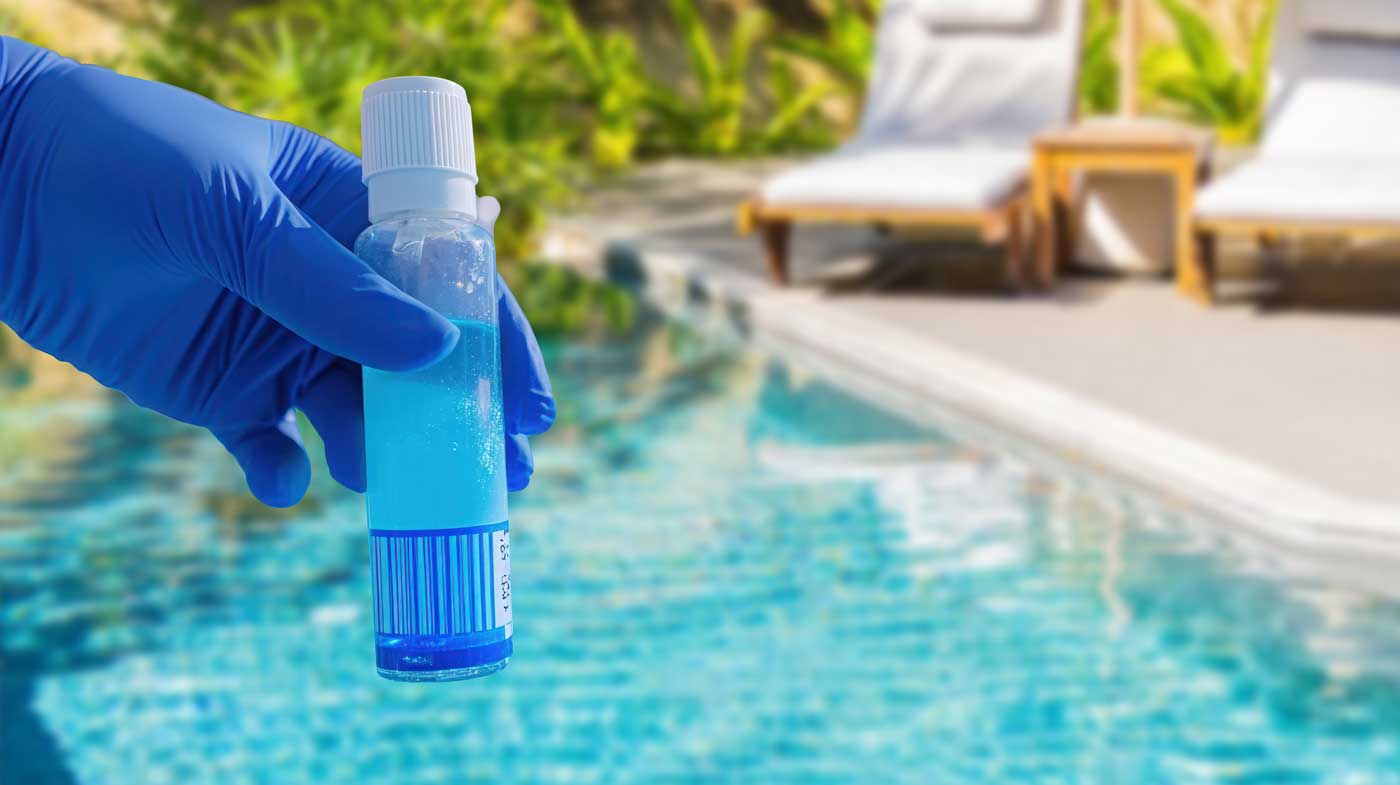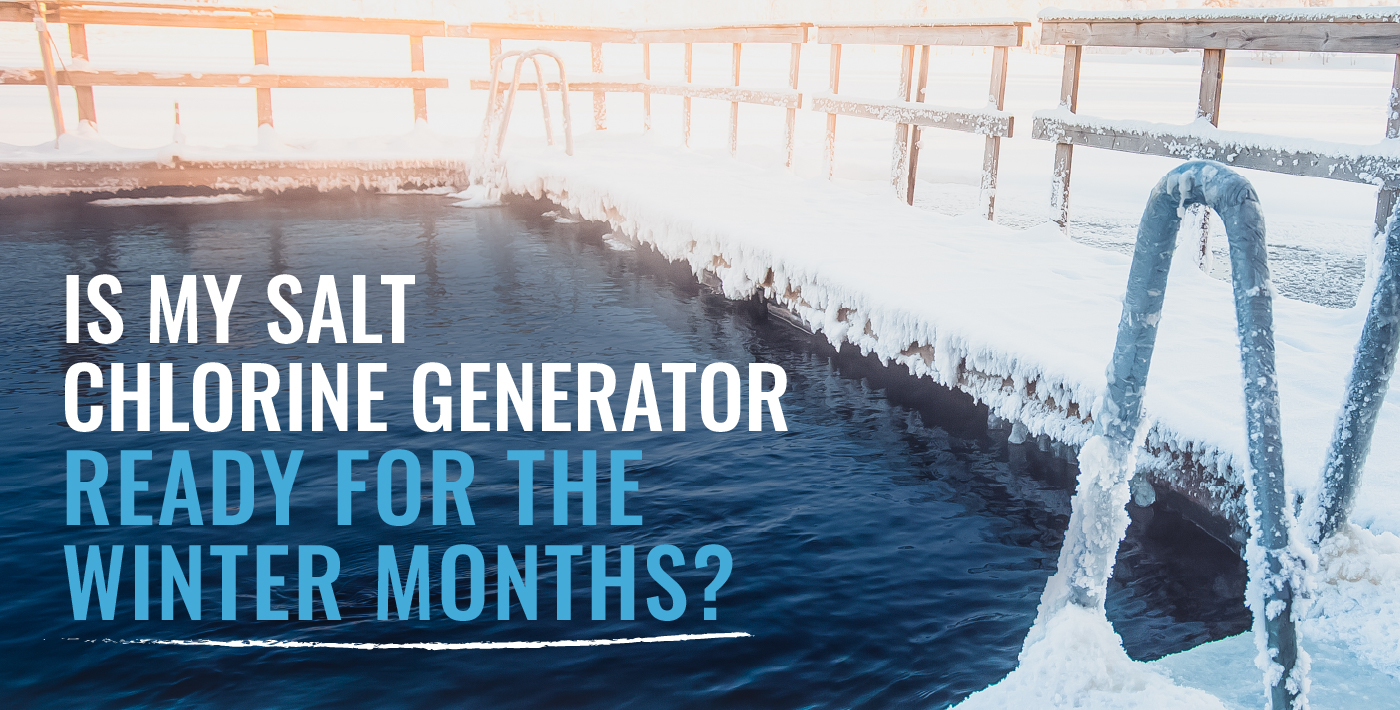Also, warranties can be voided if improper water chemistry is determined to be the reason…
<
What is Cyanuric Acid and How Does It Affect My Swimming Pool Water?
One of the most common chemicals used for the prevention of chlorine loss in swimming pools is Cyanuric Acid (also called CYA, Conditioner, or Stabilizer) it protects the free chlorine from being destroyed by the sun ultraviolet rays. That being said, people often wonder what other effects cyanuric acid has in our swimming pool water and how we can best utilize this chemical to our advantage. In this article we will go over this information and how it relates to your pool water maintenance.
Cyanuric acid is known as a stabilizer for the chlorine in swimming pools exposed to sunlight. It helps reduce the chlorine loss by protecting the free chlorine in the pool from the sun’s ultraviolet rays, reducing the amount of chlorine needed to maintain proper sanitizer levels. Because of this, cyanuric acid can help reduce the cost of maintaining a safe and clean swimming pool.
So with that being said, you may be wondering just how much cyanuric acid should be present in my pool water? Areas exposed to high levels of sunlight should maintain 60 – 80 ppm (parts per million). Pools using an ORP Controller (Oxidation Reduction Potential) such as the AutoPilot Total Control, should maintain 30-50 ppm. Indoor pools do not need cyanuric acid, unless it gets periodic exposure to sunlight.
What if too much cyanuric acid is present? How much cyanuric acid is too much? Some States recommend commercial pool guidelines of 100 ppm as a maximum amount, others have determined 30 ppm as the maximum, yet others prohibit the use of cyanuric acid. Please check with your local regulations to see what is recommended in your area.
What could happen when you have high levels of cyanuric acid? The first issue would be the efficacy (effectiveness) of the chlorine to act as a disinfectant. Higher levels will bind with the chlorine, making it slower acting to kill bacteria and micro-organisms, and prevent algae. Higher levels will also increase cloudiness in the pool water. At this point, it would be recommended that a portion of the pool water be replaced with fresh water, as there are no other means of reducing the cyanuric acid in pool water.
Some pool owners that utilize powered, tablet, or stick forms of stabilized chlorine will be adding cyanuric acid unknowingly, as most of the chlorine sold today contains cyanuric acid. Continual use of these products without regular water exchange will increase the cyanuric acid to a high level. When purchasing chlorine, look for stabilized chlorine products such as:
- Sodium dichloro-s-triazinetrione
- Trichloro-s-triazinetrione
Calcium Hypochlorite and Sodium Hypochlorite are two forms that do not have cyanuric acid added to it.
Routine testing of your swimming pool water is highly recommended to keep on top of this and other issues. To read more about the appropriate levels of chemicals in your swimming pool please click here. And feel free to contact us should you have any further questions or suggestions regarding this topic, we would be happy to hear from you!



This Post Has 0 Comments